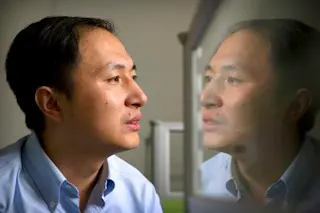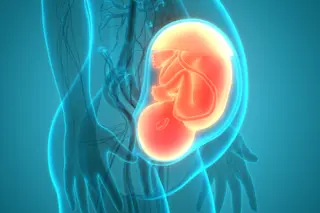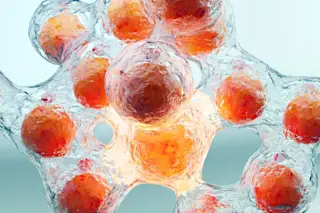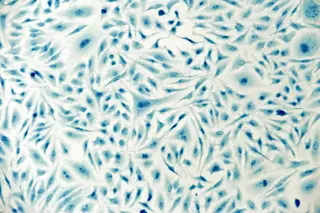In this Oct. 10, 2018 photo, He Jiankui is reflected in a glass panel as he works at a computer at a laboratory in Shenzhen in southern China's Guangdong province. He helped make world's first genetically edited babies: twin girls whose DNA he said he altered. He revealed it Monday, Nov. 26, in Hong Kong to one of the organizers of an international conference on gene editing. (Credit: AP Photo/Mark Schiefelbein) A Chinese researcher says he used the gene editing technology CRISPR to alter the DNA of twin girls born earlier this month when the babies were embryos. If the scientist’s claims prove true, the newborns are the world’s first humans to be genetically modified as embryos. It would be a significant step, and it's raised widespread ethical concerns among researchers. He Jiankui, the scientist who led the effort, announced the outcome in a promotional video on YouTube Sunday, just ...
Chinese Scientist Claims He's Created World’s First Gene-Edited Babies
The gene editing technology CRISPR raises ethical concerns as it claims to create the first genetically modified babies resistant to HIV.
More on Discover
Stay Curious
SubscribeTo The Magazine
Save up to 40% off the cover price when you subscribe to Discover magazine.
Subscribe













